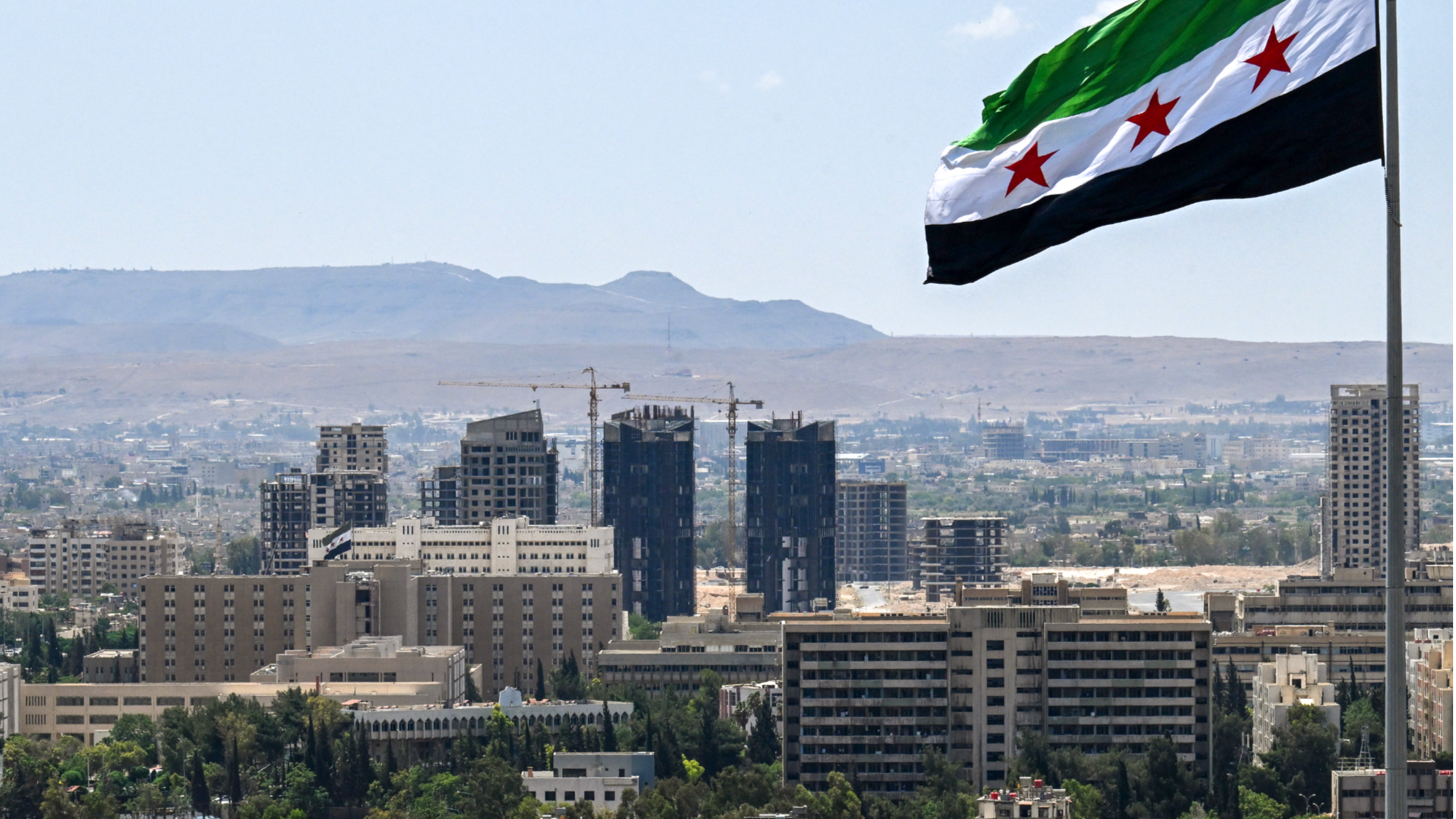
DAMASCUS - Syria has expressed its readiness to work with the United States to return to the 1974 disengagement agreement, amid ongoing Israeli attacks in southern Syria, according to a statement released Friday by the Syrian foreign affairs authorities.
The statement revealed content of discussions made during a phone call between Syrian foreign affairs chief Asaad Hassan al-Shibani and US Secretary of State Marco Rubio, in which both sides talked about key issues such as the removal of US sanctions, Israeli attacks in Syria, and Iran's regional role following its recent military showdown with Israel, as well as the Syria-US bilateral ties.
During the call, both sides expressed a mutual desire to reopen their embassies in Damascus and Washington.
The United States confirmed its intention to invite al-Shibani for an official visit to Washington "in the near future," a move the authorities described as a "tangible shift toward resuming diplomatic relations between the two countries.
On the sanctions, al-Shibani said Syria is looking forward to working with the United States to lift sanctions, particularly those under the Caesar Act, and highlighted discussions about the participation of Syrian leader Ahmed al-Sharaa in the upcoming sessions of the United Nations General Assembly.
ALSO READ: Syria says IS remains biggest security threat after deadly church suicide bombing
Rubio, for his part, affirmed that the US administration is continuing to implement directives from President Donald Trump to lift sanctions imposed on Syria and noted ongoing work with Congress to repeal the Caesar Act during the coming months.
He said Trump's decision on Syria would represent a "historic shift" in shaping the country's future and that of the region.
The two sides announced mutual cooperation to form a joint coordination committee to address the file of chemical weapons, with both countries participating.
On Iran, Damascus expressed growing concern over Tehran's involvement in Syrian affairs, particularly following recent airstrikes targeting Iranian assets. "Iran, despite its current preoccupations, will not stop trying to alter the balance of power inside Syria," the statement said, citing Rubio.
ALSO READ: Trump signs order ending most sanctions on Syria
Regarding counterterrorism, both officials confirmed that the Islamic State continues to pose a real threat, particularly after a recent attack that targeted a church and claimed civilian lives in Damascus. They underscored their shared commitment to intelligence cooperation and enhancing Syria's security capabilities.
Last week, United Nations Under-Secretary-General for Peace Operations, Jean-Pierre Lacroix, reiterated that the presence of the Israeli forces in the buffer zone along the Syrian border is considered as a violation of the 1974 Disengagement Agreement.
In December, following the fall of Bashar al-Assad's government, Israel deployed ground forces into the buffer zone, a demilitarized area between the Israeli-controlled Golan Heights and Syria. The buffer zone is monitored by the United Nations Disengagement Observer Force (UNDOF), which was established under the 1974 Agreement on Disengagement. Israel later captured the Syrian-controlled side of Mount Hermon.


